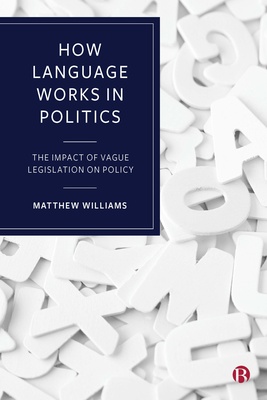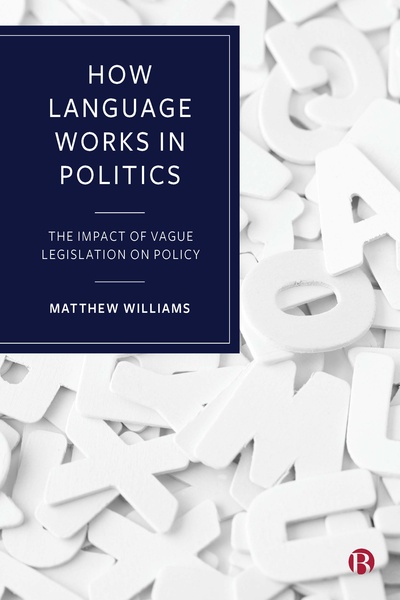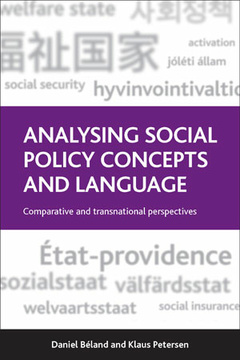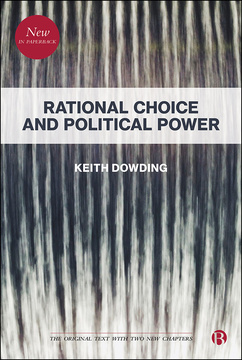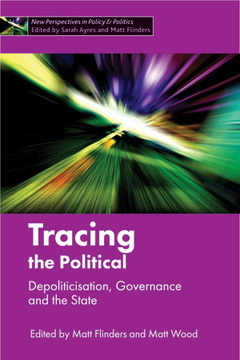Published
Jun 26, 2018Page count
256 pagesISBN
978-1529200201Dimensions
234 x 156 mmImprint
Bristol University PressPublished
Jun 26, 2018Page count
256 pagesISBN
978-1529200232Imprint
Bristol University PressPublished
Jun 26, 2018Page count
256 pagesISBN
978-1529200249Imprint
Bristol University PressThere were more colons used in legislation in 2015 than there were words enacted in 1900. Using analysis from machine readings of all legislation enacted between 1900 and 2015, this book discusses the social impact of increasingly elastic legislative language on the contemporary workings of the British constitution.
The hot-button debates of our time — from immigration to European integration, to the creeping power of judges — have, at their core, battles over what policy instructions are authoritative.
The book encourages readers to connect the dots of British statecraft, and to understand how, exactly, public demands are transferred into laws that are then implemented with greater and lesser degrees of success. Crucially, it shows that vague legislation has a tremendous impact on policy delivery, disproportionately affecting the weakest, in areas including immigration, homelessness and anti-discrimination.
“… impressive and extremely thought-provoking… The book contains much data that throws a new light on the various debates in which it is situated.” Local Government Studies
"provides a valuable window into the world of legislation and its consequences. A go-to book for all those involved in drafting, amending, interpreting and researching legislation." Louise Thompson, University of Surrey
Matthew Williams is Access and Career Development Fellow, Jesus College, University of Oxford. His research focusses on the sometimes difficult relationships between judges and politicians - where the rule of law meets the power of politics. He has sought to explain the increasing intervention by judges into sensitive public policy domains, such as immigration, anti-discrimination and homelessness.
Part One — Language and Politics in the UK;
1 Introduction — How Language Works in Politics;
2 Past — How Has Parliament's Use of Language Changed?
3 Present — Why Has Parliament's Use of Language Changed?
Part Two — The Social Impact of Parliament’s Use of Language;
4 Immigration — How Parliament’s Language Affects Central Government Powers;
5 Homelessness — How Parliament’s Language Affects Local Government Duties;
6 Anti-discrimination and Equality — How Parliament’s Language Affects Individual Rights;
Part Three — Fixing the Code;
7 Constitutional Language — Lessons from Beyond Westminster
8 Filling Gaps — The Human Rights Act 1998
Conclusions.







